Productive & Eco-Friendly Outdoor Activities You Can Do with Your Family

Written by: Brielle Murch
Every parent knows it can be a bit of a challenge to conjure up creative and conscious activities to do with your child. Now more than ever, we need to get outside, be in the sunshine, and breathe in plenty of fresh air. Being outside with our families is deeply healing spiritually, plus it's a boost for our immune systems with the Vitamin D from sunlight and the increased flow of pure oxygen! It's even more fulfilling when we can do activities that also positively impact the Earth.
Try these three inspirational outdoor activities you can do with your family!
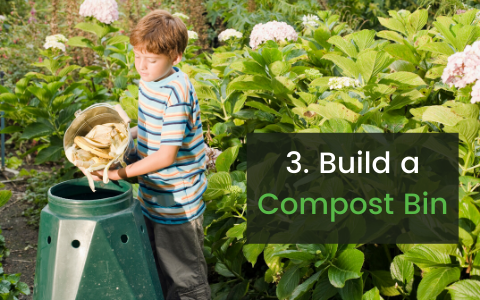
Composting is the decomposition of food scraps and other organic matter, which go on to become nutrient-dense soil for plants. It is a beautiful representation of the cycle of life and an amazing way to teach children about the design of nature! The most exciting part of creating a compost bin or heap at home is adding the creatures that help the compost process manifest rapidly... Worms! Children love playing with worms, and they are completely safe to hold as they don’t bite and are non-venomous.
A simple start to composting is to create a small-scale worm composting bin. Find a bin or tub around the house that you can upcycle into your compost container; it can be plastic, metal or wood.The most important detail is that you'll need to create some airflow going into the bin. If it’s a plastic bin, you can drill holes around the sides and lid, and if it’s a wooden or metal container you're using, you can put a screen on top that has little holes in it to allow oxygen in.The compost bin is best to be a darker color, so if you're opting for a plastic bin, make sure it’s black or a dark color, rather than clear. Worms aren't fond of light, as it burns their bodies.
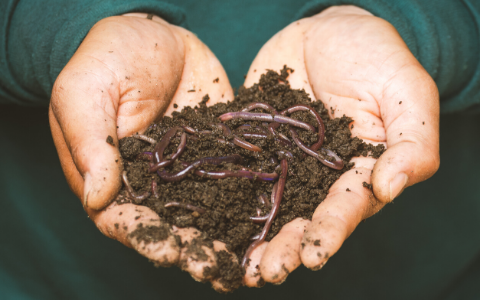
The next step is to add a layer of bedding to the compost bin. You'll want to use a dry carbon material that keeps the bin's moisture in balance, such as dry leaves you gather around outside, some coconut coir, or even brown bags, cardboard or newspaper that's been ripped up in small pieces. After you add the bedding (fill up about 70% of the bin), go ahead and add the worms, followed by your food scraps. You can compost almost anything in your kitchen, as long as it's organic matter. Throw in your banana peels, veggie peelings and even avocado skins! In your worm bin, avoid composting any meat, dairy or oily cooked foods. Also try to go easy on too much garlic, onion or citrus.
The worms will eat the food scraps and poop out “castings”, which help create amazing fertilizer and soil for your garden plants!
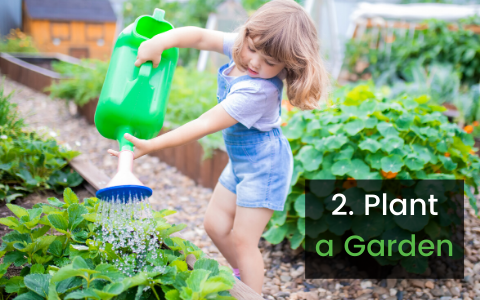
Once you've created a compost bin, you'll need some plants to feed the compost to... And in turn, you can feed those high-nutrient plants to yourself! This is a great opportunity to teach your children about the many benefits of growing their own food.There are so many lessons gardening teaches us, such as the importance of eating local, fresh plant-based food, and how eating right is essential to their mental and physical health. You can buy fruit and vegetable seeds online, or get a head start with some seedling plants from your local nursery- just be sure that they're organic. To plant seeds with your family, you can buy some beautiful ceramic planters, or even check in with a local landscaping company to see if they have any second-hand plastic pots they're throwing away.
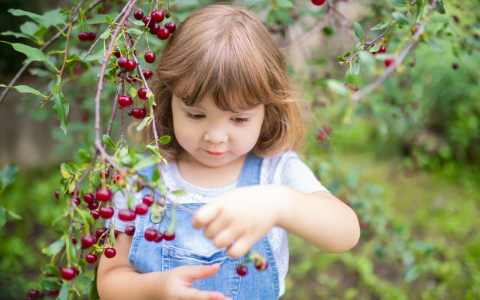
You can also plant your seeds or seedlings directly into the ground if you build up the soil. The easiest way to create a garden from scratch is to build a raised garden bed from wood, and then fill it with organic soil.
Most lawns are filled with pesticide-filled grass, so try building a dedicated garden bed to avoid any chemicals from your grass leaching into your edible plants.
Before you plant your seeds or seedlings, you need to make sure the soil is broken up enough for the seeds to germinate in and the roots to spread in, and also that it contains enough nutrients.
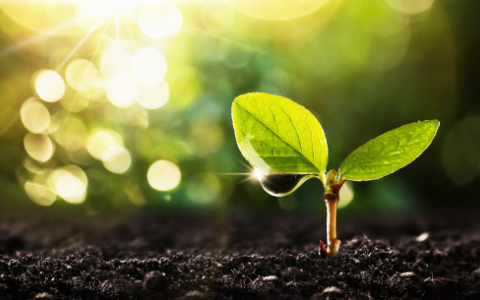
Once you plant your seeds or seedlings at the right depth, cover them with a little sprinkle of soil and water them immediately to help them settle in. Help them along by fertilizing once a month with your compost, or buy a natural organic fertilizer to sustain their nutrient density.Lastly, adding mulch around the plants is also essential in keeping the soil healthy and alive, and to contain its moisture and nutrients.
Planting a garden is so beneficial for us to thrive, as local food is more alive and contains more available nutrients to our body. Eating food grown in the soil and sun builds our immune-systems, plus it's better for Mother Earth when we avoid buying food that is shipped domestically or internationally, and sprayed with chemicals to preserve them.
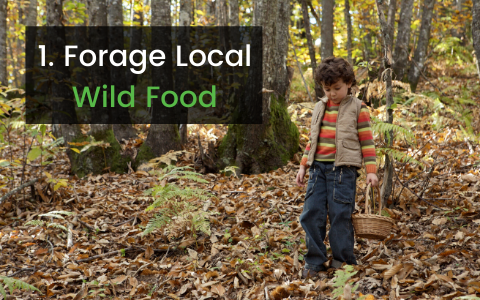
If you don’t feel like you have the time to create or maintain a garden, another amazing way to eat more local, fresh plants is to forage your food from outside where it grows wildly. These foods are usually more nutrient-dense than even garden plants, since they grow within the wild elements.Learning the food that grows naturally in the ecosystem that surrounds you is extremely connecting to the natural world. And also, it’s free!
In my area of Southern Florida, I forage with my toddler for beauty berries, acerola cherries, mangoes, papayas, mulberries and coconuts! It's important that we stay hydrated during these adventures, so I always bring a Greens Steel Kids Stainless Steel Water Bottle for the little one and a Greens Steel Stainless Steel Water Bottle for myself.
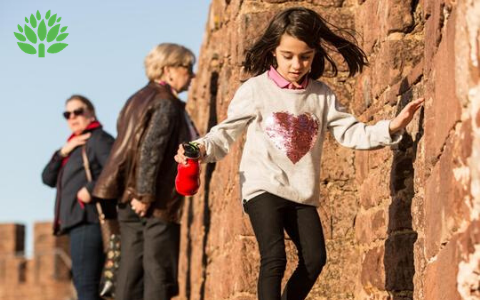
Shop Stainless Steel Water Bottle for Kids
There are also a plethora of edible weeds that grow all over the world. Most people view weeds negatively, but many of them are actually medicinal and extremely nutritious. Many garden weed pesticides focus on killing Chickweed, Purslane and Wood Sorrel, but these are delicious plants that I love to use in salads! These weeds grow rapidly and abundantly.
There is so much free food around us; the key is really educating yourself on what's good to forage and what's not. Try doing some research online about edible plants that grow in your area, join some foraging groups on Facebook, and look up local meetups where people host plant walks for the community.
![]()
Right now more than ever, humanity is yearning to connect back to Mother Earth. Our daily lives have been programmed to disconnect us to the elements and the natural design of life.
These activities build a deeper understanding of the natural world, as well as adding to your spiritual and physical health. Try them with your children to educate them, whilst creating a deeper family bond together. You and your family will also making a positive impact on your community, both locally and collectively!

Brielle Murch | Everything Earth Tribe



